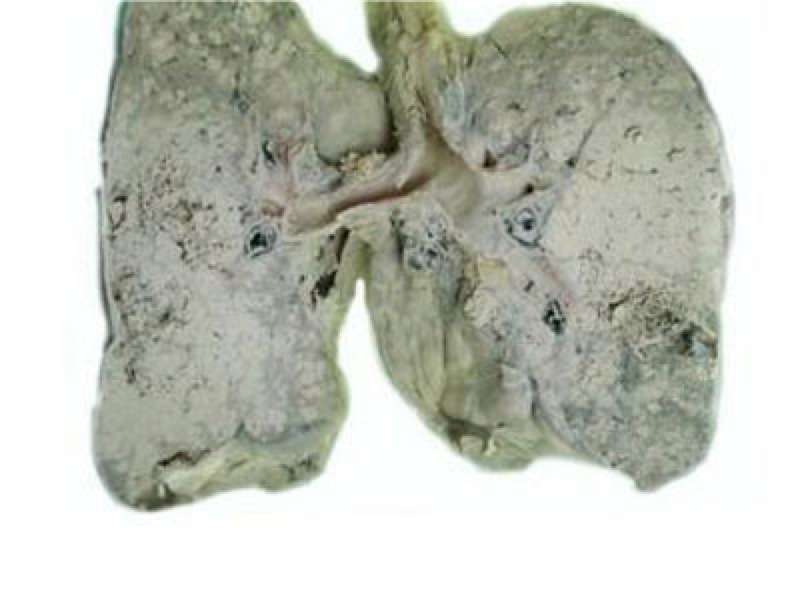Is rectal carcinoid mostly benign?
Are rectal carcinoids mostly benign? I believe that many people are not very familiar with rectal carcinoids. The clinical incidence of the disease is relatively low, and it is rare in daily life, so it is normal for everyone not to understand this. The early clinical symptoms of rectal carcinoid are not obvious, so it is difficult to diagnose, then, are most rectal carcinoid benign?

rectal carcinoid, also called rectal neuroendocrine tumor, is a tumor between benign and malignant. Most of them have no obvious symptoms and were discovered by chance during colonoscopy. If it is relatively small, it will generally not be cancerous, and it is all benign. It can be cured by endoscopic resection. Especially for those below 1 cm, there is almost no recurrence and metastasis after resection.
For those larger than 1 cm, a full evaluation is required before surgery to assess whether there is metastasis and the possibility of malignant transformation. If metastasis occurs and the possibility of malignancy is assessed, surgery is required. If no metastasis is found and no signs of malignancy are found, it is best to perform endoscopic resection, so that the trauma is smaller and can be cured.
With the popularization of disease prevention knowledge, people''s attention to colorectal tumors, and the widespread use of colonoscopy in colorectal cancer screening, the incidence of rectal carcinoid tumors has increased significantly. The symptoms of rectal carcinoid are hidden, lack of specificity, and often do not appear carcinoid syndrome due to lack of silver, so early diagnosis is still difficult and the rate of misdiagnosis is high.
Retinal carcinoid tumors can occur at any age. There are no specific symptoms in the early stage. The most common is anal and rectal discomfort, followed by rectal bleeding. As the disease progresses, changes in bowel habits, symptoms of rectal irritation, bloody mucus, constipation, and anal pain may occur. Because it is a non-secretory tumor and the hormones contained are inactive, clinical symptoms of carcinoid syndrome are extremely rare.
The histological appearance of rectal carcinoid tumors is similar to malignant tumors, but the biological behavior tends to be more benign, so its treatment and prognosis are obviously different from rectal adenocarcinoma. Principles should be mastered in treatment and treated properly to avoid affecting the prognosis. Complete removal of the lesion is the most effective measure.
Related Articles

- How to prevent depression
- How to prevent depression?
- 2020-12-17

- Early Signs of Bladder Cancer
- What are the early symptoms of bladder cancer?
- 2020-12-17

- Early symptoms of lung cancer
- 2020-12-17

- Symptoms of depression
- What are the symptoms of depression?
- 2020-12-17

- Drinking water can prevent heat stroke
- Actually, the hot weather is not the direct cause of heat stroke. Heat stroke is mostly caused by sweating caused by heat. Under the high temperature in summer, the body sweats tens of tim
- 2020-08-03

- Office workers should beware of cervical spondylosis
- Cervical spondylopathy is mainly caused by degeneration of cervical intervertebral disc and hyperostosis of cervical spine, with neck and shoulder pain, numbness of upper extremities and d
- 2020-08-03
